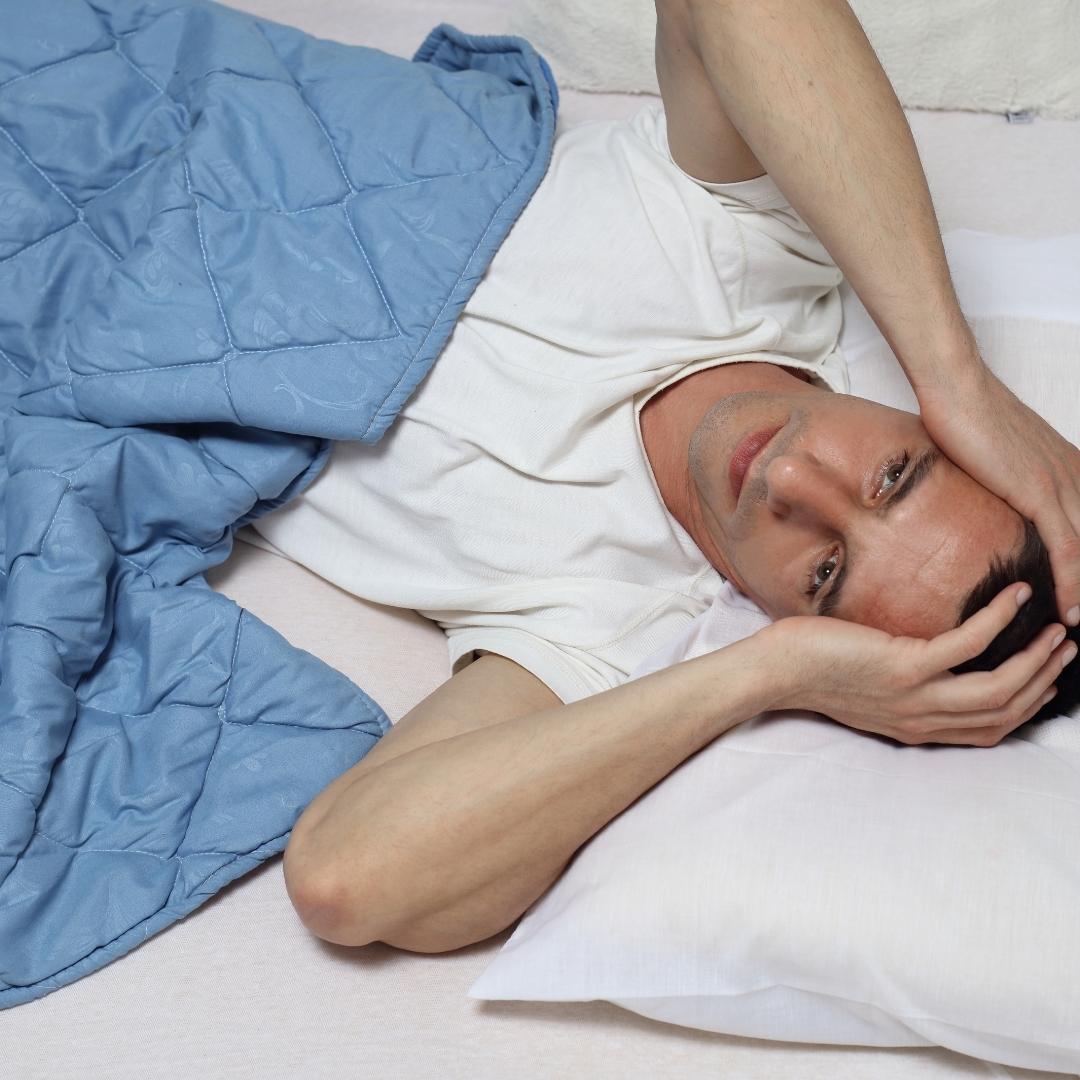Blog Details

Understanding Circadian Rhythms
Your body has its own internal clock. Surprised?
It’s true. Your body’s internal clock regulates your circadian rhythm—the 24-hour cycles that influencethe sleep/wake cycle, eating habits, and more. Generally, this rhythm is in sync with the day-night cycle. As a result, the body produces the sleep hormone, melatonin in the evening, making you feel sleepy. The reverse happens in the morning when you’re exposed to light, and you wake up alert.
Circadian rhythms keep the body’s processes in syncduring each 24-hour cycle. For example, the digestive system produces proteins to make you eat on time, and the endocrine system releases hormones to match your energy expenditures during the day.
The circadian rhythmsare strongly influenced by your master clock, located in the suprachiasmatic nucleus in the brain, sending specific signals to specific organs at specific times.
All is well till the internal clock is thrown out of sync with the day-night cycle, leading to health conditions like sleep disorders, obesity, and diabetes.
Why are we talking about Circadian Rhythms?
When our circadian rhythm is out of sync, we might not fall asleep, have fragmented sleep or sleep poorly. All these indicate a circadian rhythm-related sleep disorder.
Common circadian rhythm-related sleep disorders are:
1. Delayed Sleep Phase Disorder: Some people stay alert until the middle of the night, and sleep well into the next day.
2. Advanced Sleep Phase Disorder: Some people fall asleep early and wake up in the early hours of the morning, say around 2 am.
3. Jet Lag: This is air travel through two or more time zones disrupts the circadian rhythms. These people find it difficult to function well in the new time zone.
4. Shift Work Disorder: Workers whose schedules conflict with the body’s natural circadian rhythm (graveyard shift, for example) often feel sleepy and experience ongoing fatigue.
Other factors that can disrupt your circadian rhythm include:
1. changing work shifts
2. erratic sleep and wake cycle
3. insufficient light exposure in the morning and bright light (screen) exposure at night
4. poor sleep habits (drinking caffeine at bedtime, no bedtime routine etc.)
5. jet lag
6. medications
Do I have a Circadian Rhythm Disorder?
If you are experiencing insomnia, feel sleepy in the day, find it difficult to wake up, or are suffering from depression, or sleep loss, talk to a professional sleep specialist. Treatment options, such as lifestyle and behavior therapy as well as tools, like Positive Mental Health Relaxation Series, can alleviate circadian rhythm sleep disorders, helping you sleep restfully through the night.
If you want to improve your sleep, seek a professional’s help.Dr. George Akinkuoyeintegrates the science of sleep medicine and wellness to help you fulfill your sleep needs and overcome sleep disorders. With his Positive Mental Health Relaxation Series, you can experience the profound effect of music on your body and mind to relax, reduce stress and sleep well.
